Five ways Trump's new policies will impact electric vehicles in the US
Donald Trump is busy reversing numerous Biden administration policies, with EVs a key focus.
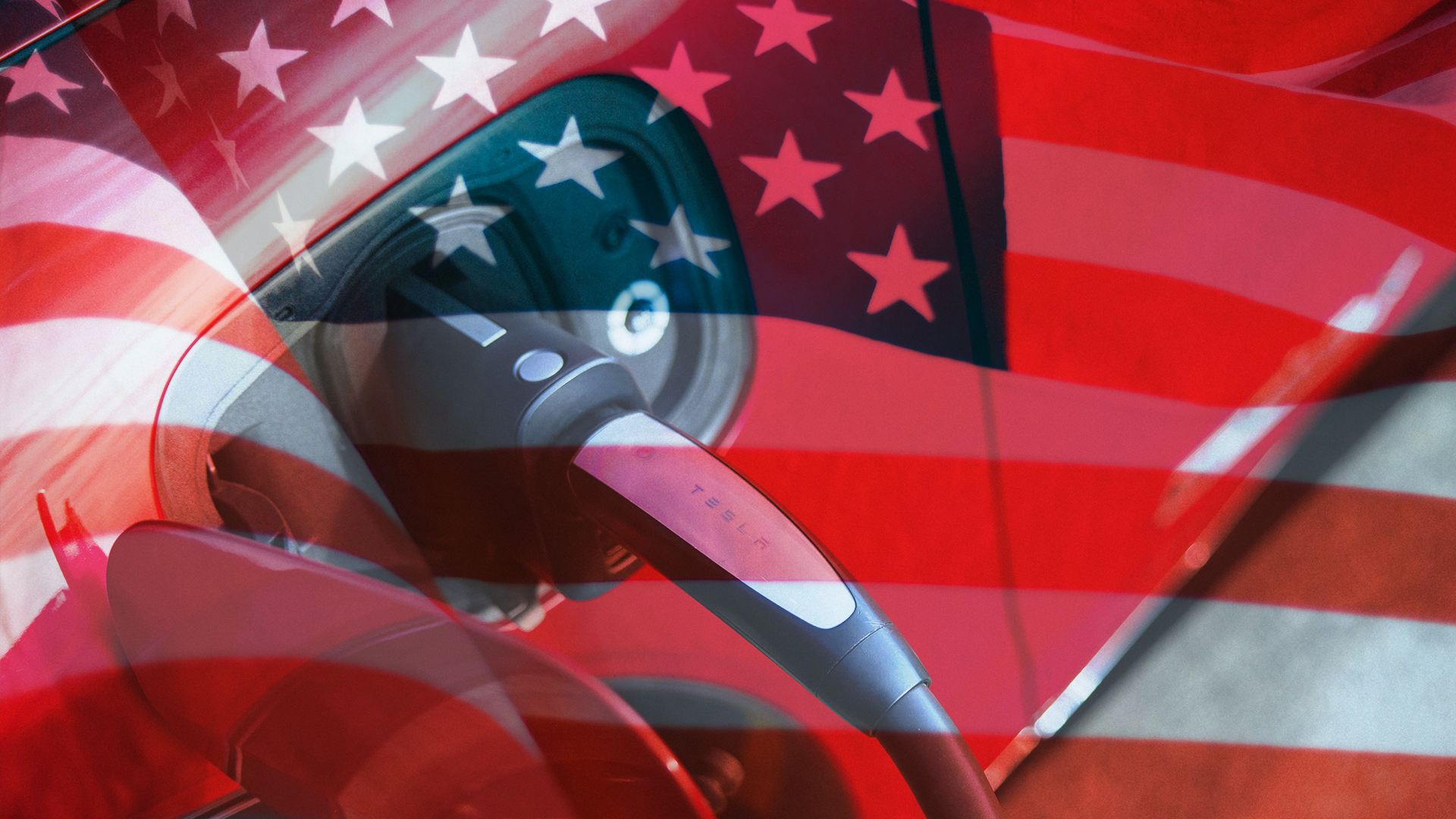
- President Trump has signaled his intent to reverse Biden’s EV policies
- Trump declared a "national energy emergency"
- Electric vehicle charging infrastructure spend will be paused
While the 47th US President's inauguration was arguably overshadowed by the number of tech bros and questionable world leaders who were invited, Donald Trump didn’t waste any time getting to work. As soon as he entered the White House, he signed a raft of executive orders.
In fact, President Trump told a massive crowd that was packed into an arena in Washington DC that he would revoke "80 destructive and radical executive actions of the previous administration".
"The United States will not sabotage our own industries while China pollutes with impunity," he said to roaring applause.
Some of this would involve undoing work the previous Biden administration had carried out on protecting the environment, promoting the use of electric vehicles, and preventing further drilling for oil.
Whichever way you cut it, the new president appears to be coming down hard on electric vehicles and the infrastructure surrounding them. Here are the five ways these early executive orders could impact the future of EVs in the US.
EVs will likely become even more expensive
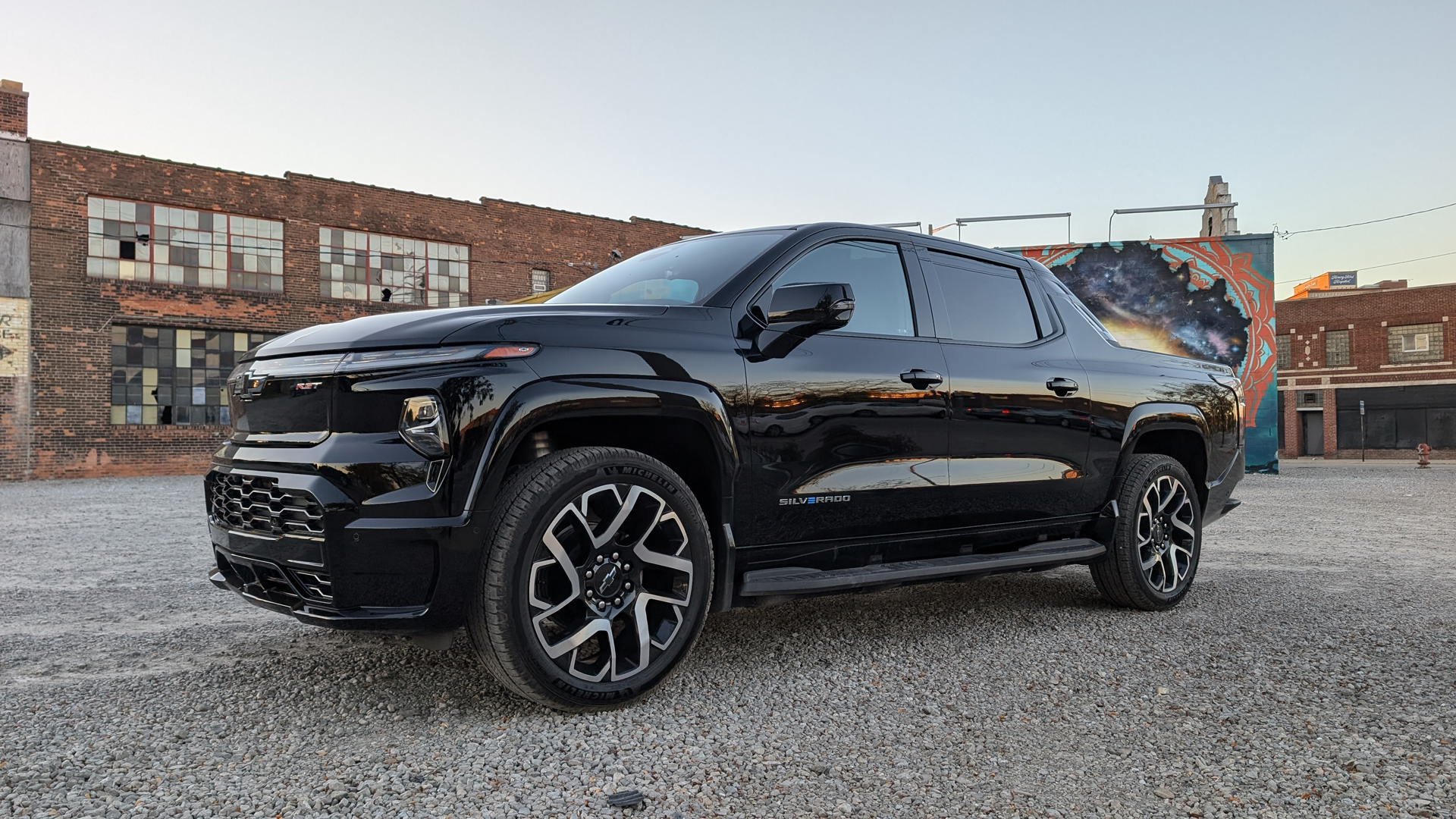
Although he falsely labeled a number of Biden’s EV-friendly policies as a "mandate" (no such EV mandate exists in the US as it does in Europe), President Trump is keen to eliminate "unfair subsidies and other ill-conceived government-imposed market distortions that favor EVs over other technologies," according to Whitehouse.gov.
Read between the lines, and it looks highly likely that federal tax credits for purchasing new electric vehicles will be reduced or removed entirely.
Trump's executive orders will also slacken tailpipe emissions and promote fresh drilling projects for oil, which all point towards gasoline cars remaining the most affordable vehicles to buy and run in the near future.
It will become harder to publicly charge your EV
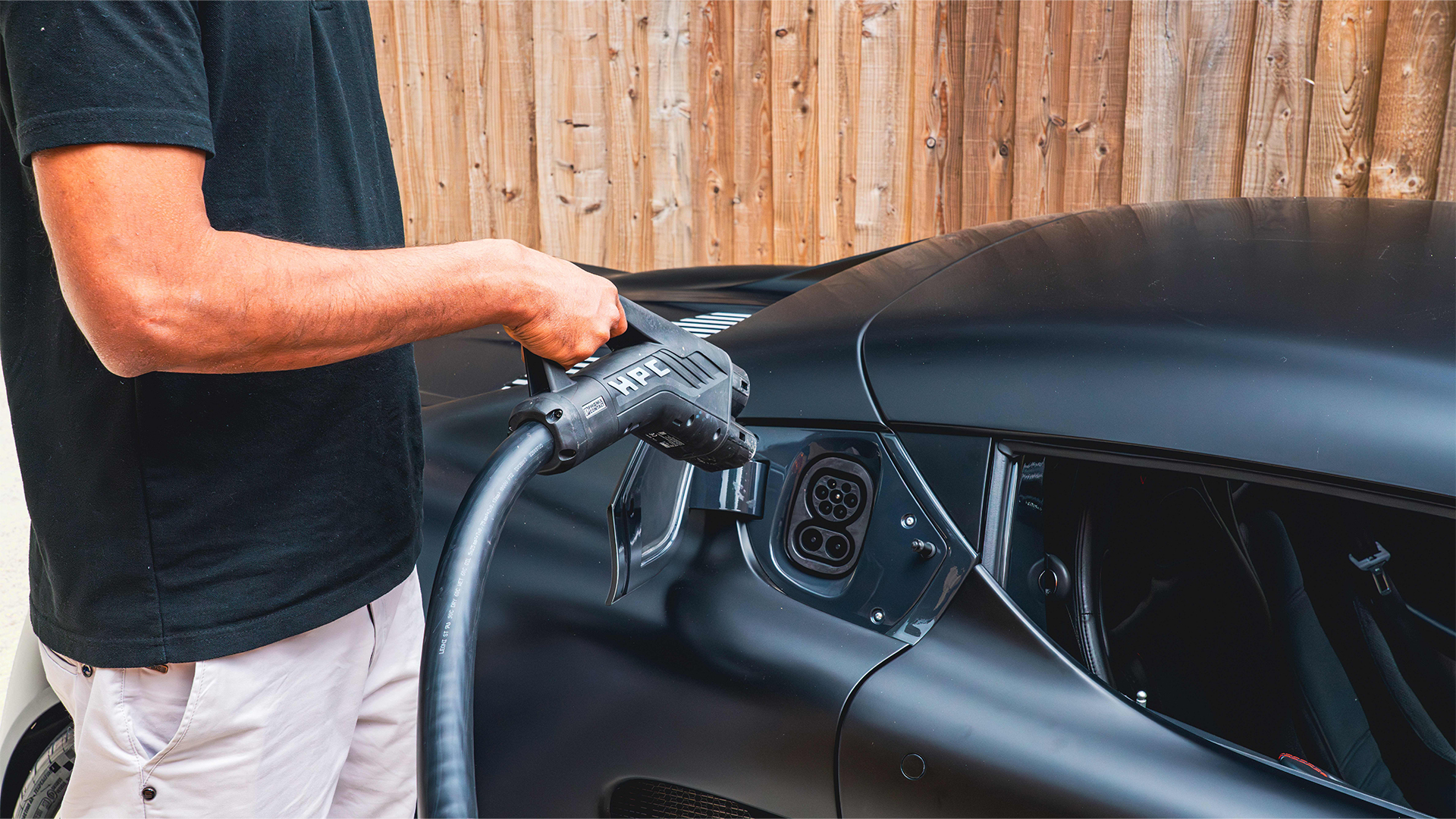
Inertia in an industry as gargantuan as the automotive space is difficult to slow, and the years of incentives for new electric vehicle customers in North America will see more EVs hitting the streets in the coming months and years.
In 2024, US customers purchased 1.3 million EVs - an increase of 7.3% on the previous year, according to Cox Automotive.
This is all well and good, so long as the charging infrastructure continues to grow to support the increase in the number of customers looking to charge, but Trump’s executive order seems to do just the opposite.
All funds for electric vehicle charging stations made available through the National Electric Vehicle Infrastructure Formula Program and the Charging and Fueling Infrastructure Discretionary Grant Program are set to be paused while Trump’s administration reviews their "processes, policies, and programs for issuing grants, loans, contracts, or any other financial disbursements."
A pause in funds will lead to a pause in the rollout of new public EV charging stations and the potential scrapping of large-scale public projects, meaning charging infrastructure will be left to individuals in the form of home charging point installation.
Consumer choice will be restricted
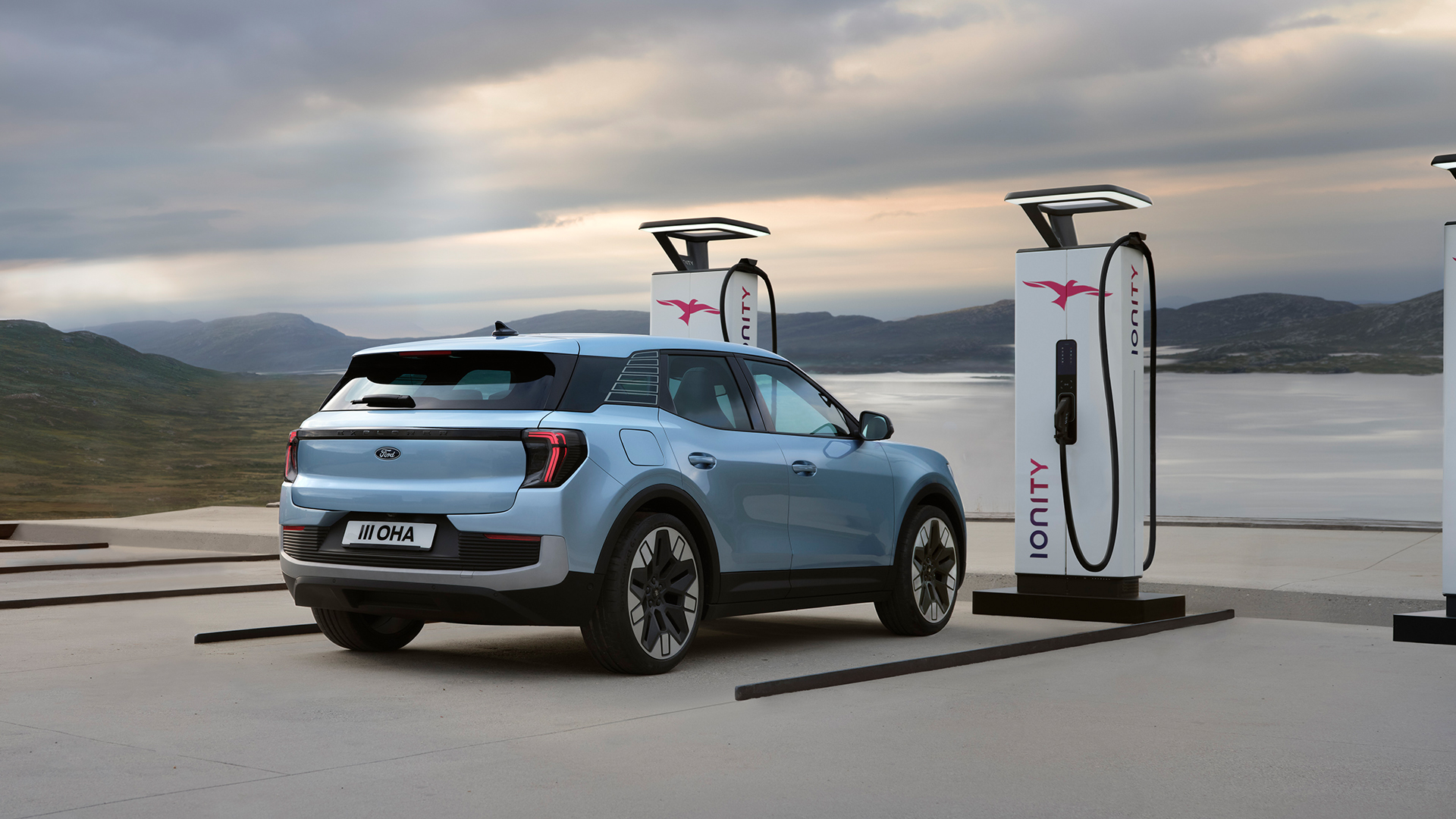
The Biden administration has already denied the US public the freedom to buy more affordable electric vehicles manufactured in China by initially slapping massive trade tariffs on them and then effectively banning them altogether under the pretense of national security.
It is still unsure whether President Trump will uphold these policies, but he has already threatened a 25% trade tariff on Mexico and Canada, close neighbors of the US and two important regions for electric vehicle manufacture and export.
General Motors, Ford, the Volkswagen Group, BMW, and Mercedes-Benz all produce cars in Mexico. At the same time, numerous automotive manufacturers and battery makers have earmarked huge sums for new vehicle and battery plants in Canada.
Many of these promises have recently been revoked, with the slow uptake of electric vehicles in Canada and North America to blame. However, Trump’s proposed 25% tariff has the potential to devastate Canada’s burgeoning automotive industry.
According to Maclean’s Canada, nearly 90 percent of vehicles made there are exported to the US, and more than 60 percent of auto parts made in Canada are shipped to US assembly plants.
It won’t take much for some of the world’s largest automakers to stop delivering electric vehicles to the North American market. This means consumer choice will be limited to the select few models that remain profitable for their manufacturers.
EVs will struggle to charge using clean energy
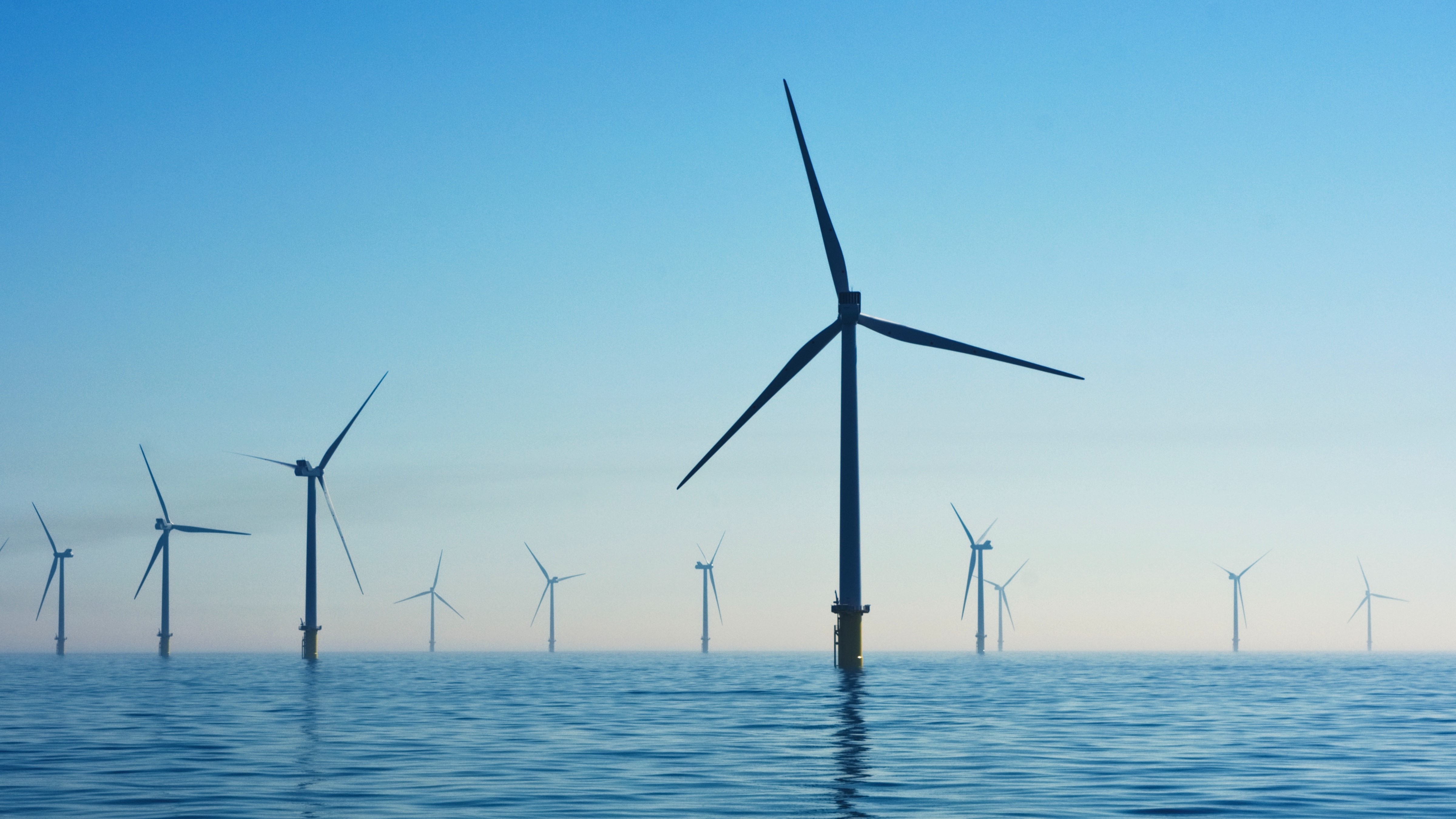
The holy grail of EV ownership is the ability to top up a vehicle’s battery cheaply and from renewable sources, such as wind, solar, and hydroelectric energy, as this doesn’t require the burning of fossil fuels to produce electricity and, therefore, drastically reduces the carbon footprint.
President Trump’s national energy emergency declaration has his administration temporarily withdrawing areas on the outer continental shelf from offshore wind leasing, citing the potential threat to marine life as a reason.
"We’re not going to do the wind thing," Trump said at the rally, according to The Verge, instead shifting his focus on increased gas and oil drilling.
The Unleashing American Energy Act will also review any policies that could stand in the way of drilling operations, including hydropower and biofuels.
Innovation will slow and China will continue to race ahead

Although many of President Trump’s executive orders will directly impact potential EV customers in North America, they will also have a ripple effect on the rest of the world.
The mere act of pulling out of the Paris climate agreement, alongside Iran, Libya, and Yemen, means the US is no longer committed to slowing the devastating effects of climate change and will effectively allow the nation to pollute with gay abandon.
But more than this, vilifying their electric vehicle makes it a less attractive option for US-based automakers, meaning their willingness to innovate in the area is stymied by the desire to make quick profits - largely by selling the same gasoline and diesel vehicles they have done for decades.
Many legacy automakers are already lagging a long way behind Chinese rivals when it comes to EV technology. Still, this chasm is surely only going to get wider if one of the world’s superpowers turns its back on electrification.
You might also like
- BYD made more EVs than Tesla for the first time last year – proving that the world wants affordable electric options
- I’ve tried the new AI-powered MotorMia app – and it drags classic car mods into the 21st Century
- These powerful in-wheel motors could spawn the next generation of affordable high-performance EVs
What's Your Reaction?






































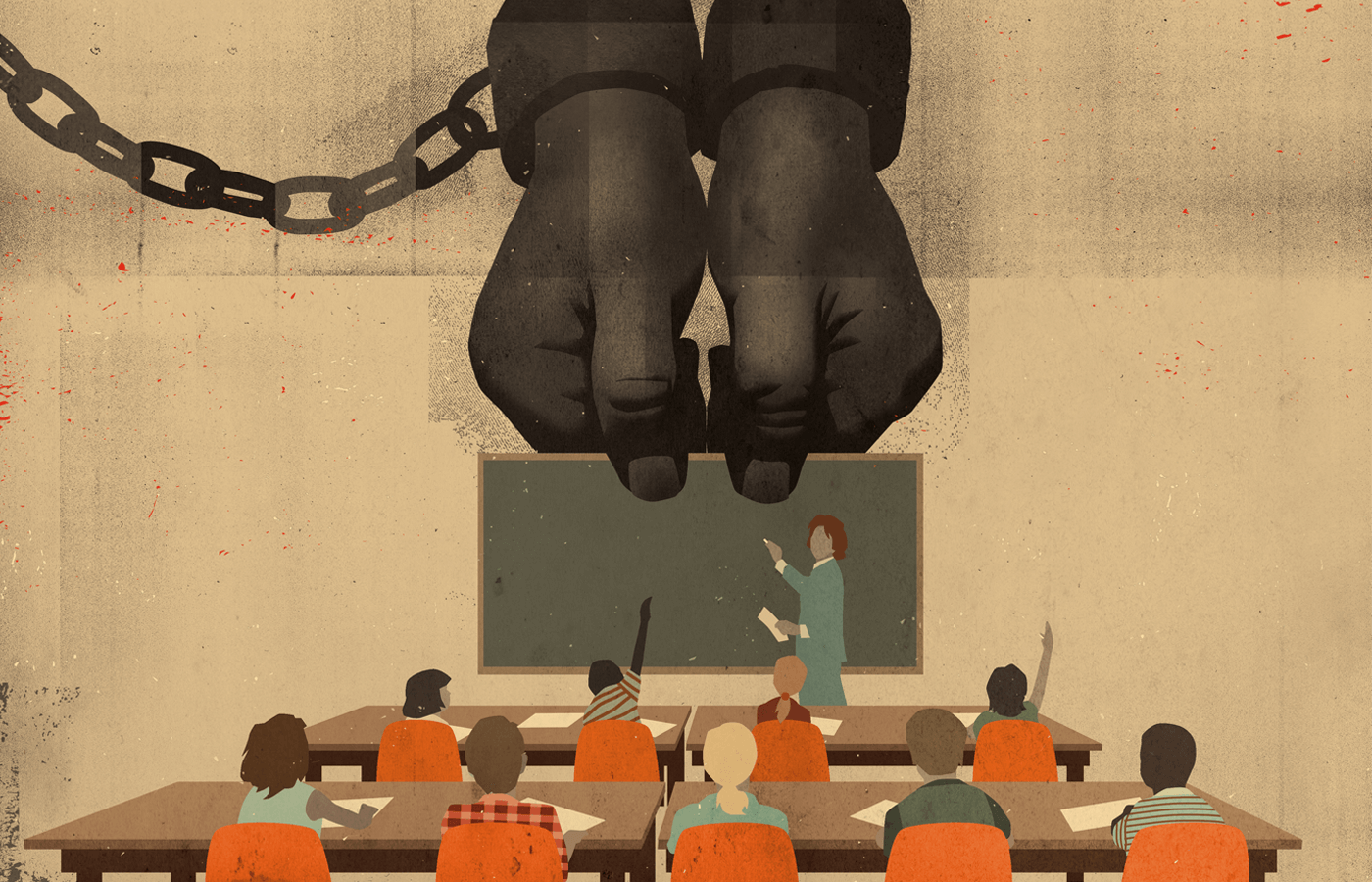



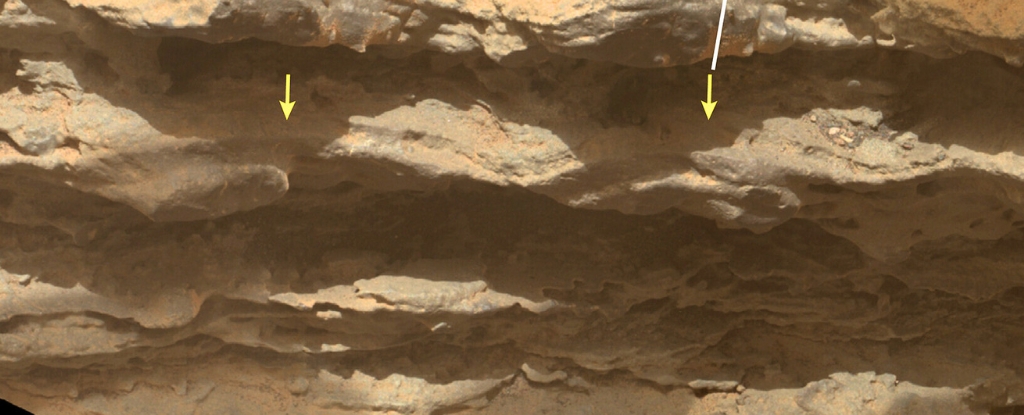


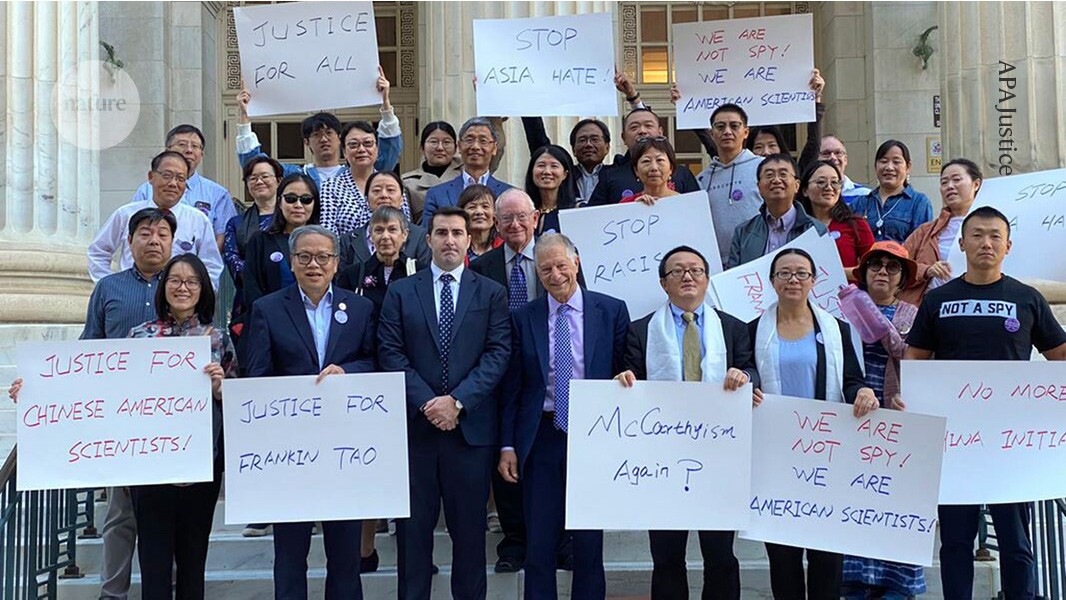































/cdn.vox-cdn.com/uploads/chorus_asset/file/25464247/p1p_load.jpg)

